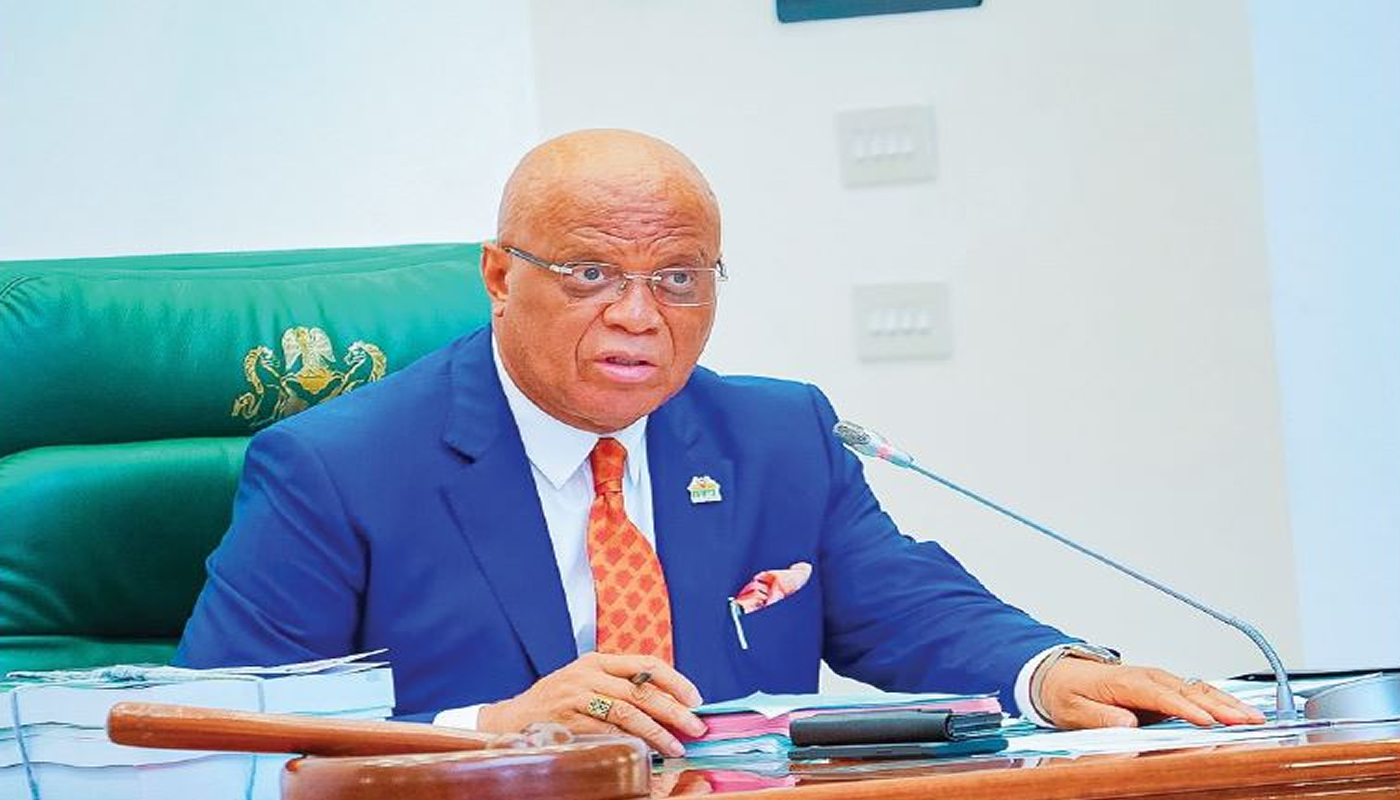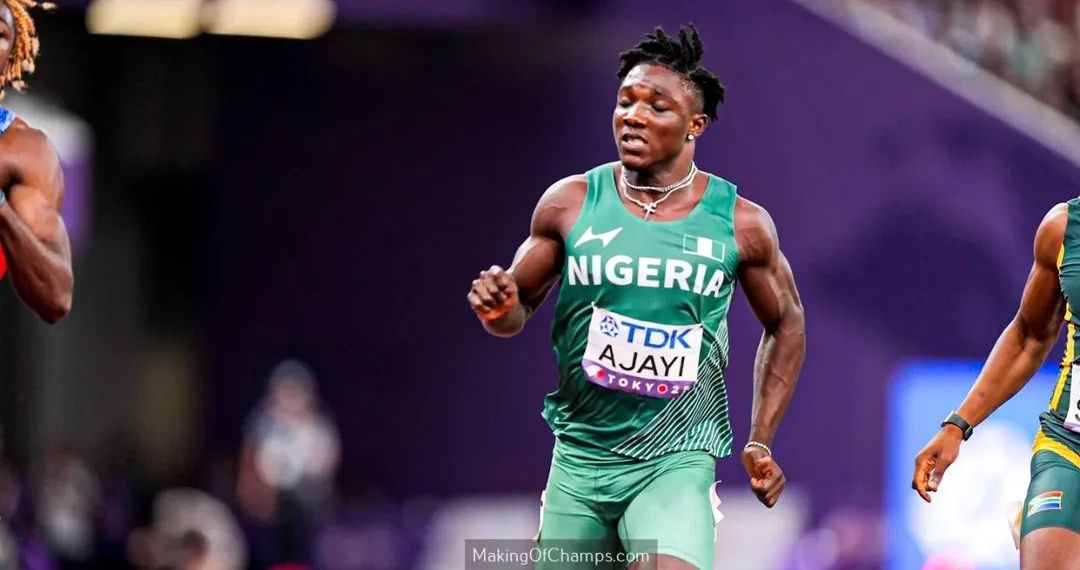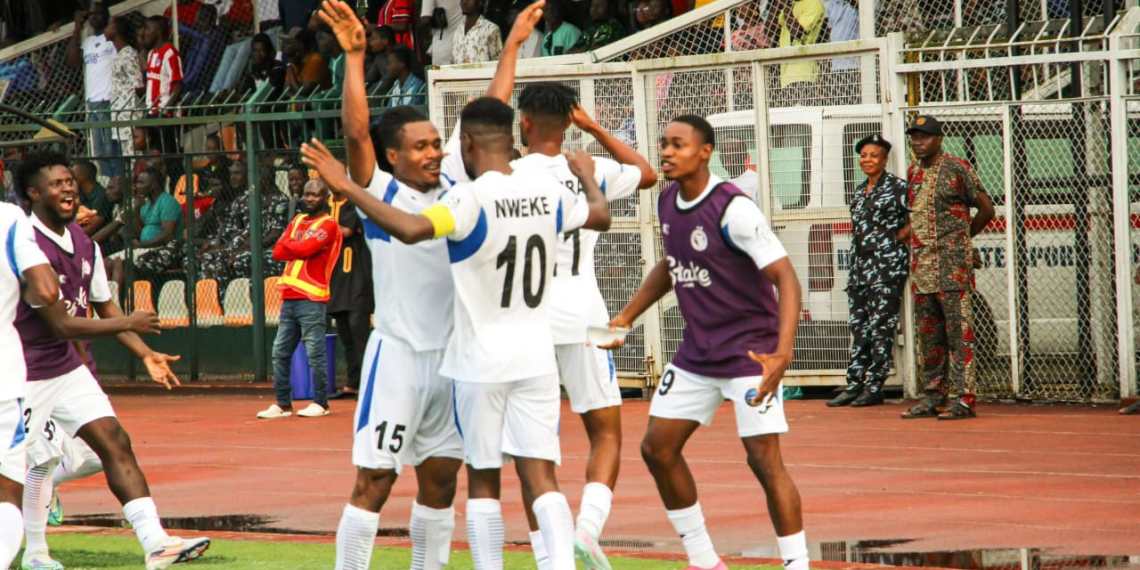As football viewing centers and sports-loving communities across Nigeria continue to buzz with excitement, Akwa Ibom State has taken a significant step towards reinvigorating grassroots sports. Governor Umo Eno has instructed the State Ministries of Education and Sports Development to partner with the Ministerial Organising Committee of the recently concluded State Sports Festival to revive inter-school sporting competitions statewide.
Governor Eno’s directive was announced during the closing and medal presentation ceremony of the latest edition of the Akwa Ibom Sports Festival, as shared in an official press statement from the state government on Sunday. According to the release, the governor emphasized that “sports is a multi-billion-dollar global industry” and central to his administration’s vision for sports tourism, a key part of the ARISE Agenda.
“I want the Ministerial Organising Committee to work with the State Ministry of Education to revive inter-house sports across all our schools in this state,” Eno declared to thunderous applause during the event.
Highlighting the importance of grassroots engagement, Eno said, “That is where talents can be harnessed, too. We can catch them young.” He recalled, “Back in the days, we used to go to other secondary schools for sports competitions. I would like us to begin those inter-secondary school sports festivals once more.”
He further explained that such school contests were breeding grounds for exceptional athletes, some of whom went on to international systems and fame, stating, “And I can tell you, that was where we discovered some of the talented stars now shining abroad.”
The governor pledged his administration’s commitment to funding these endeavours and assured stakeholders that sports and tourism would be continually promoted, making them a staple of the state’s annual calendar. “We want to tap into this huge industry and discover new talents who would thereafter carry our flag at major sporting events,” he remarked.
Governor Eno noted that the festival’s chosen theme—“Nurturing Talents, Promoting Tourism”—perfectly illustrates the broader strategy of his administration. He described tourism as a foundational pillar in Akwa Ibom’s economic plans as the state looks to diversify beyond oil, stressing, “Tourism is a key plank for this administration as we prepare our state for growth beyond oil.”
The governor also revealed ongoing plans to launch the “Arise Resorts” in December. This ambitious project boasts a 9-hole golf course and both indoor and outdoor sporting facilities, marking a significant investment in the state’s tourism and wellness infrastructure. “Among other world-class amenities, Arise Resorts will feature a 9-hole golf course and extensive sporting pavilions,” he said, underscoring his administration’s dedication to sports development.
Reflecting on the broader history, he reminded the audience that the last time Akwa Ibom hosted a sports festival was 15 years ago. “This 2025 sports festival is a renaissance for sports in the state,” Eno highlighted. Many local observers have praised this revival as a long overdue move, and some analysts point to the lack of consistent investment as a reason local sports momentum stalled in the past, according to Uyo-based commentator Edidiong Johnson.
Reporting on the sheer scale of the festival, the governor noted, “In the last week, we brought together 3,600 youths drawn from all 31 local government areas. In an infectious display of unity, brotherhood, sportsmanship, and peace, they competed for medals across 18 individual and five team sports.” Eno described the event as “hugely successful,” an observation echoed by spectators and officials interviewed by local news outlets.
In recognizing the significance of participation, Eno congratulated all athletes who took part in the festival, saying, “You and the State are all winners. The chairmen of the local government areas—who daily showed solidarity with their athletes—are also winners.” His remarks carried a spirit of collective achievement that resonated with the audience.
Governor Eno also gave special mention to Akwa Ibom athletes at the recent National Youth Games in Asaba, Delta State. The state’s representatives earned 11 gold, 9 silver, and 10 bronze medals, finishing 7th out of the 36 participating states plus the Federal Capital Territory—a remarkable performance. He attributed their achievements to the athletes’ discipline and the investment in sports infrastructure, noting that ongoing support is critical for sustained excellence.
As a tangible reward for these efforts, the governor announced financial incentives: “We are rewarding all gold medallists with N500,000 each, N250,000 for silver, and N150,000 for bronze medallists.” He said that this was not only for the National Youth Games team but also for medalists from the state festival, which produced 156 gold, 156 silver, and 198 bronze winners from 18 competing sports.
In further advancing local talent, the administration plans to provide advanced training for the athletes at the soon-to-be-established Sports Academy in Eket. This facility, described as “an ambitious and strategic investment,” will equip youths for competition at regional and international levels, using state-of-the-art training technologies and facilities.
The governor also recognized the crucial role played by the organizing committee, local government chairmen, and sports supervisors in the success of the festival, rewarding them for their leadership and urging the committee to “get to work on preparations for the 2026 edition.”
In separate speeches, Elder Paul Bassey, the State Commissioner for Sports, and Dr Uwemedimo Udo, Chairman of the Association of Local Governments of Nigeria, celebrated the festival’s return. Both noted it was not just about medals but about meaningfully engaging young people and identifying fresh talent. “Through this encounter, talents have been discovered and our youth are gaining purpose,” Dr. Udo remarked in his address.
They acknowledged the governor’s substantial investments in sports, including the upcoming Eket Sports Academy, enhanced facility procurement, and the appointment of an experienced sports administrator as commissioner to helm the ministry. According to experts in Nigerian sports development, these combined measures are a forward-thinking approach that distinguishes Akwa Ibom—a model other states may follow, according to Lagos-based sports development consultant, Ifeanyi Okonkwo.
The event concluded on a high note with trophies presented to Itu, Uyo, and Nsit Atai Local Government Areas for coming first, second, and third respectively in the overall competition—a moment of pride for the winning communities.
While these developments have been met with optimism, some sports observers and coaches suggest that sustainability and consistency remain the biggest challenges. “Great as these efforts are, Akwa Ibom must ensure that these festivals become truly regular, not just one-off celebrations,” said Blessing Akpan, a youth coach in Uyo.
Looking beyond state borders, there are opportunities for Nigeria and West Africa to use grassroots sports festivals as a tool for uniting communities, discovering talent early, and strengthening national teams for international competitions. In Ghana, for instance, the National Basic Schools Sports Festival serves a similar purpose, and experts have called for more regional collaboration to share best practices and develop talent pipelines.
Experts also highlight that investments in sports can drive tourism and local business, citing examples in South Africa and Kenya where sporting events attract international visitors and corporate sponsors. For Akwa Ibom, the linkage between sports and tourism is integral, as the state looks to diversify its economy amid fluctuating oil revenues.
Skeptics, however, warn about the need for transparency in the disbursement of funds and regular evaluation of outcomes to ensure athletes truly benefit and facilities do not fall into disrepair. Civil society organizations in Nigeria have in the past called for more public oversight of sports budgets, and the ongoing revitalization in Akwa Ibom will likely be closely watched both within the region and nationwide.
As the dust settles on the festival and preparations begin in earnest for the 2026 edition, all eyes will be on Akwa Ibom’s continued investment in sports and youth development—and whether the promise of “nurturing talents, promoting tourism” can be fully realized in the years ahead.
Do you think grassroots sports festivals like this can transform Nigeria’s sporting future? What more can state governments and the private sector do to harness young talent? Share your thoughts and experiences in the comments, and don’t forget to follow us for more updates on sports development across Nigeria and Africa!
Stay connected: Follow us on Facebook, X (Twitter), and Instagram for fresh news and lively discussions from the Nigerian sports scene and beyond!










